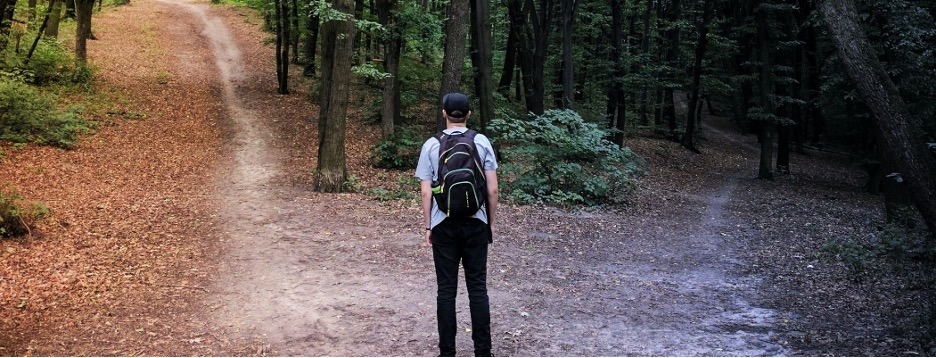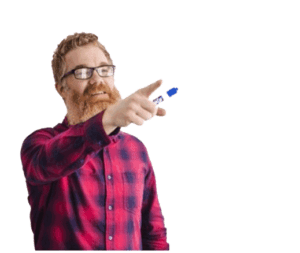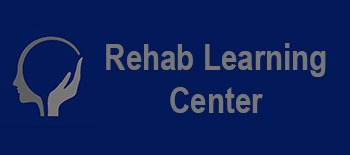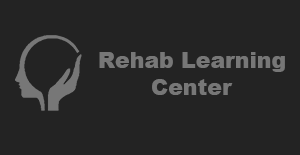Tolerating Uncertainty In Rehabilitation

Uncertainty is typically uncomfortable. This is especially the case in rehabilitation, whether physical therapy, athletic training, medicine, or other. Is this something serious? How do I embrace the uncertainty from a provider standpoint if it is not? How do I convince the patient that it is ok to embrace or tolerate this ambiguity, especially when one of the things they seek the most is an explanation of what is causing their problem?
My first job was as a full-time clinician in a clinic of what I now refer to as 9 to 5er’s. You know, the clinician that is just going through the motions. Does the least possible, never reads or cares to know the latest research, goes to con ed that supports their biases (even then they are reluctant to go) and complains about….most everything. I still don’t understand this daily approach. You will be there from 9 to 5 regardless, why not make it the best experience? But I digress.

I have since moved into academia, still practice clinical rehabilitation, and have achieved my Ph.D. It has been much growth. It is also much painful growth, reflection, questioning myself, and (at one point) looking for another career.
Part of this frustration was based on not feeling or seeing the T7 vertebra L rotated and ¼ mobile like the new colleagues in my new clinic. Do I suck that bad? I told myself to tell them that I felt it and FIGURE IT OUT.

Multiple con ed courses, in-services, etc., later I was falsely confident. I eventually realized that I should not have been beating myself up for this. Those that said they could see and feel it were just fooling themselves.
Despite relaying this and many other ‘failures’ to those I have mentored over the years, I still get the direct and indirect feedback of disappointment when I suggest tolerating uncertainty. “No, I was taught black and white. There is always a correct answer. That is how I got to here (PT/ATC/Chiro school, career, etc.).”
Perhaps I need to change my approach, but not my message?
I get it. I was that student and young clinician. I needed certainty. I was lost. I was in a career that I loved but was quickly starting to hate as I was around people that were not good for me. They either didn’t care to improve or portrayed such certainty that they intimidated me. I was not sure which was worse.
Eventually, I acknowledged uncertainty. A recent episode has me questioning myself again, however.
I try to teach a framework that allows for uncertainty and clinical reasoning. In other words, ‘it depends’ is significant here. Hypothetical deductive reasoning with case application and making decisions based on imperfect data, the situation, that patient at that point in time, and so forth. This is uncomfortable. This is gray. It is not the black and white that students succeeded in on their trip to make it into PT/OT/ATC/Med, etc. school.

A past student who seemed to tolerate this had a CI that taught black and white based on another framework. You find ‘X,’ you do ‘Y.’ Aww…a warm caramel latte on a wet, drizzly day. Just what they needed. I would also have appreciated the same early in my career. I am also fond of caramel lattes. They are not great for my dad bod, though.
This student was now comfortable. So comfortable that they felt encouraged to tell one of my TA’s that they learned much more from this CI than my class. That I should have this CI in as a TA and that I should teach more like this.
Admittedly, I was angry. No five stages of grief here. I went to and lived at the anger stage. But I try to keep myself open to change. You may be familiar with the various stages of changing a specific behavior:

Photo credit: click here
Well, in this case, I didn’t even contemplate change.
I appropriately, in some instances, could be accused of the ‘get off my lawn’ guy, but, in this case:

This is not the only student or mentee to disagree with me. They will not be the last. They were just the most upfront.

Some of these colleagues are in very prestigious positions in the sports medicine arena. A couple of them either get asked or volunteer to speak to current students or mentees. Who do you think most students will be most impressed by? I have heard several student stories of how impressive these individuals are. They are working with famous athletes. They use trendy treatments. They often have specific treatment strategies that they apply in a particular order, etc. They look like they have it figured out. They demonstrate confidence in what they do. You are old and talk way too much about your dog and hiking.

Who wants to hear ‘it depends’ or how important it is to struggle and figure it out on your own? That will take too long. Your past student is where I want to be. They did it. You continually discuss variability in choices, uncertainty, and ‘it depends.’
As I said, I was this student. My first years of teaching were also similar; they were algorithmic – find ‘X,’ do ‘Y.’ It was more comfortable as a novice academic. It also prevented such conversations as above.

I eventually realized that this approach was not sustainable for me. I specifically tell each mentee how I STRUGGLED in my first few years. I had no structure, felt absolutes were necessary, etc.
I understand the need for certainty, comfort, and the ability to tell your patient you know precisely what is going on; or learn what to do with each patient as a student or young clinician.
I suggest that absolutes are stifling. They limit growth. Yes, most likely painful growth.
I will conclude this by saying that I have been around MANY clinicians. The best ones tolerate uncertainty, don’t teach absolutes, use and empower “It depends”, yet communicate how this is ok to their colleagues and patients.
It is ok to have your thoughts, opinions, and understanding be works in progress. It is also ok to use certainty when it is available and appropriate.
TL;DR
- Tolerating uncertainty working in rehabilitation can be uncomfortable; avoiding it and neglecting its existence can be confining.
- The process of ‘figuring it out’ for yourself is an important step to go through in a career in rehabilitation.
- Professing and practicing absolutes in medicine while appearing to show strength, can be stifling and limit your growth.
- It takes practice, but discussions with colleagues and patients centered around uncertainty do not have to result in adverse outcomes.
- Use what is available to help lessen the uncertainty (e.g. Bayesian probability) when appropriate.
- I do talk a lot about my dog and hiking.
- Suppose you are ok with all of this and want to hang with other interesting people who are uncomfortable about uncertainty. In that case, you can check out the Rehab Learning Center Academy.
Thanks for reading!

